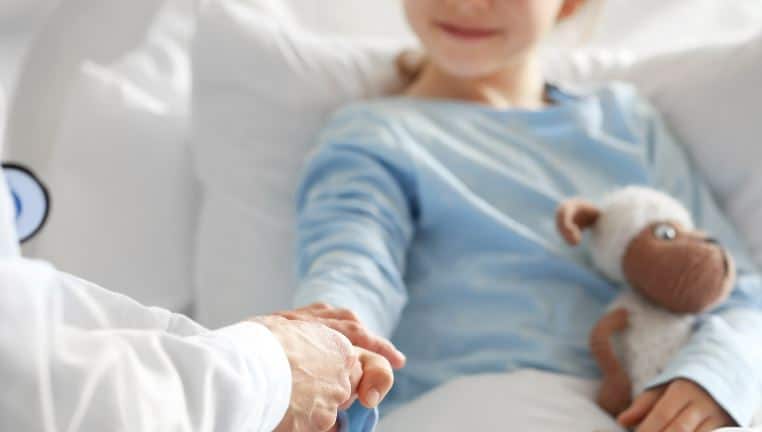PERTH, AUSTRALIA — Curtin University researchers will test a new nano-gel they have created to protect children receiving chemotherapy treatment from the common side effect of hearing loss, as part of a new project with Ear Science Institute Australia and supported by funding from the Channel 7 Telethon Trust.
Lead researcher Associate Professor Hani Al-Salami, from the Curtin Health Innovation Research Institute (CHIRI) based at Curtin University, said 90 percent of children survive cancer but about half will have some degree of permanent hearing due to toxic effects of chemotherapy drugs.
“There is currently no proven prevention or cure for this hearing loss, so this new research will test the effectiveness of a nano-gel that is injected into the ear before chemotherapy to prevent the possible side effect of cancer treatment among children
–Associate Professor Al-Salami
“The bile acid-based nano-gel has been developed at Curtin by a group of clinicians, pharmaceutical scientists, ENT (ear, nose and throat) surgeons, cochlea physiologists and synthetic chemists using cutting-edge technologies.”
“Human bile extract is put through specialised systems to produce a gel, which is capable of being injected into the human ear and can potentially protect children from the side effects of chemotherapy, which targets and destroys cancer tissues and can also kill other healthy tissues resulting in problems including hearing loss.
Ear Science Institute Australia CEO Sandra Bellekom said it was a very exciting time for ear and hearing medical research in Western Australia.
“The Telethon grant will allow Ear Science to further develop an established and proven nano-gel, improving efficacy and making it safer for use in our children,” Ms Bellekom said.
Associate Professor Al-Salami is involved in several other new projects also funded by Telethon and led by scientists at Ear Science Institute Australia and Lions Eye Institute, to develop an inner ear cell culture system that will benefit children with Usher syndrome, a scaffold to repair perforated eardrums in children and new systems for eye drug and gene delivery.
The Channel 7 Telethon Trust’s support of Ear Science Institute Australia also includes funding for the procurement of a newly developed scanning electron microscope for use in the research, which is capable of micro and nano scale visualization of critical features of the nano-gel.
Funding for the projects was announced as part of Telethon’s list of beneficiaries for 2022.
Source: Curtin Univ







